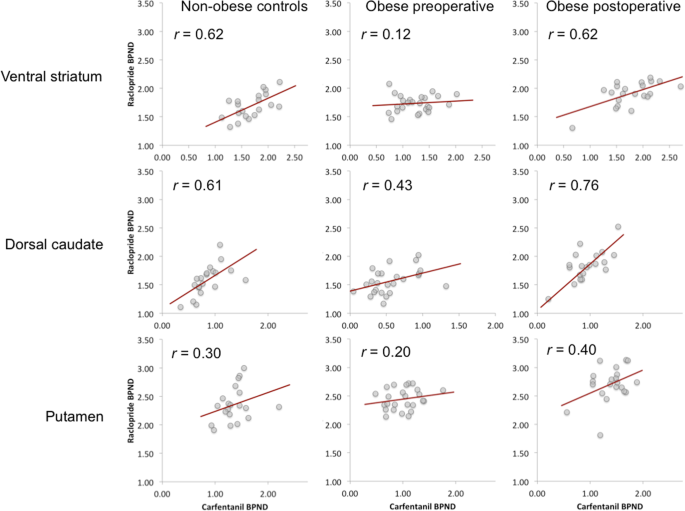- Joined
- Jul 28, 2014
- Messages
- 179
- Reaction score
- 57

Mesolimbic opioid-dopamine interaction is disrupted in obesity but recovered by weight loss following bariatric surgery - Translational Psychiatry
Obesity is a growing burden to health and the economy worldwide. Obesity is associated with central µ-opioid receptor (MOR) downregulation and disruption of the interaction between MOR and dopamine D2 receptor (D2R) system in the ventral striatum. Weight loss recovers MOR function, but it...
Explains so much...
Now just need to think of the most polite way I can explain to patients that being obese is why they hurt 🤔

